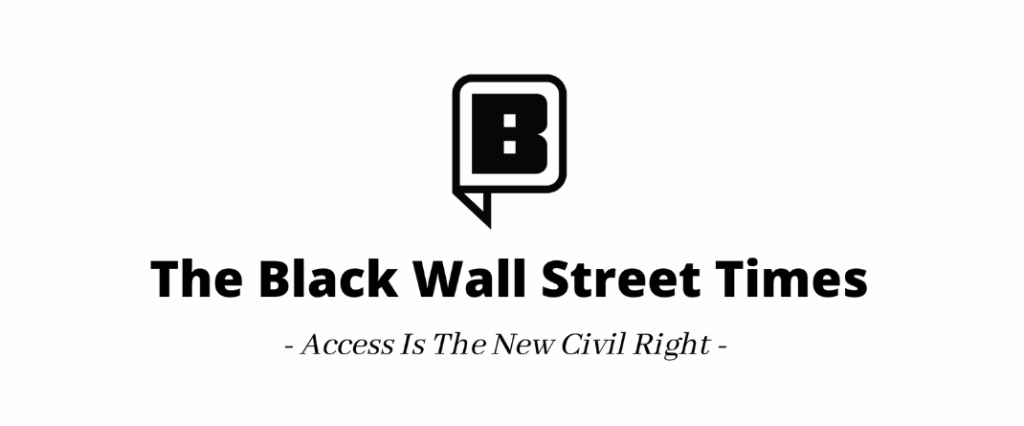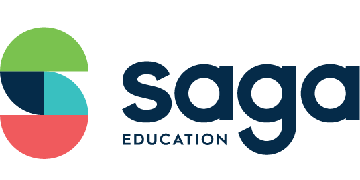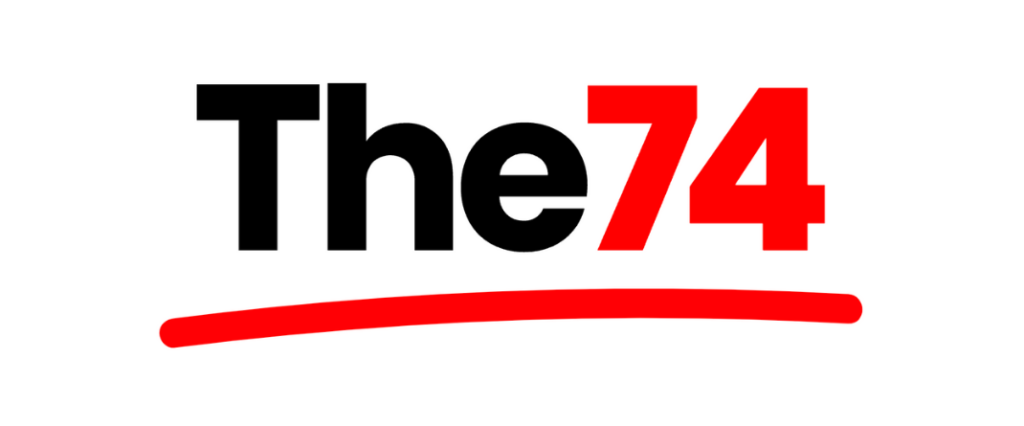Mar 2023
Not Too Late: Improving Academic Outcomes Among Adolescents
Read our academic paper on the early Saga studies published in the American Economic Review.
Improving academic outcomes for economically disadvantaged students has proven challenging, particularly for children at older ages. We present two large-scale randomized controlled trials of a high-dosage tutoring program delivered to secondary school students in Chicago. One innovation is to use paraprofessional tutors to hold down cost, thereby increasing scalability. Participating in math tutoring increases math test scores by 0.18 to 0.40 standard deviations and increases math and non-math course grades. These effects persist into future years. The data are consistent with increased personalization of instruction as a mechanism. The benefit-cost ratio is comparable to many successful early-childhood programs.
Latest Updates
Football player-turned math tutor tackles state’s low test scores
The Black Wall Street Times’ Deon Osborne cites Education Lab research from the Personalized Learning Initiative (PLI) which found that students who received high dosage tutoring saw positive gains on end-of-year math test scores.

Deep Dive on High-Impact Tutoring
Saga Education published a series that uncovers key strategies for creating lasting educational success, such as effective ways to integrate tutoring into the school day and how ongoing tutor support leads to better student outcomes, featuring insights from Education Lab Senior Research Director Monica Bhatt.

The Case for Doubling Down on Tutoring, a Proven Solution We Can’t Afford to Lose
Accelerate CEO Kevin Huffman and Education Lab executive director Sadie Stockdale Jefferson penned an op-ed that calls for doubling down on investing in tutoring programs as federal aid winds down and academic gaps persist five years after the onset of the COVID-19 pandemic.

